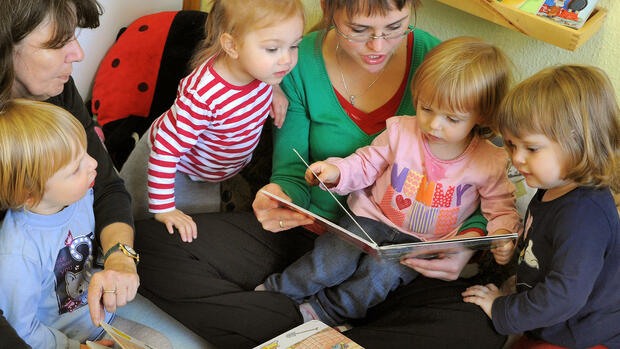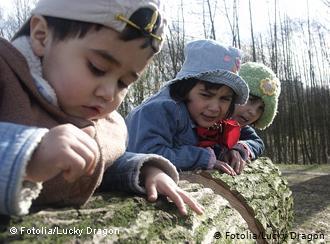How coLanguage works
ask?
The quickest way to get help is in our FAQs.
Didn’t find the answer?
Days of the week in German
Table of Contents
- 1. Learn days of the week in German
- 1.1. The weekend in German
- 1.2. What does today mean?
- 1.2.1. Summary
- 2. Exercises
- 2.1. Exercise German weekdays
- 2.2. Weekdays in German exercise
Learn weekdays in German
The German week, as everywhere, consists of 7 days. 5 working days: Monday, Tuesday, Wednesday, Thursday, Friday and a weekend: Saturday, Sunday. The days of the week are nouns, which is why they are always capitalized in German. Except if you use it as an adverb, for example: I always have piano lessons on Mondays. Then Monday, Tuesday. lowercase. In the following table I give you a few donkey bridges, which I hope will make it easier for you to remember the days of the week in German.
| Days of the week shown in pictures |
|---|
 |
The Monday is the first day of the week. On this day, many Germans are sleepy and in a bad mood because they have to work again after the weekend.

The Tuesday you can remember ‘on duty’ with the donkey bridge!

Wednesday is the day in the middle of the working week. That is a reason for a mountain festival. Most Germans have done more than half of their working week.

The Thursday you can remember with the donkey bridge ‘Donner’, that is the loud during a thunderstorm!

Although on Friday only a few are free, but when the work is done on Friday, many can start the weekend off!

The only donkey bridge for the Saturday , that occurred to me is ‘the Sams’, take a look at it Movie it is for children, but definitely great for learning German.

At the Sunday the sun shines. In Germany that is usually not true, but you can dream of it.
Have a question?
Take online language lessons with a professional teacher
-
native & verified teachers Free trial lesson Includes learning materials

German tuition, private lessons and private lessons
The weekend in German
The weekend consists of Saturday and Sunday. On Saturday, the shops in the city are open until at least noon. If you are in a big city, many shops are open until 6 or 8 p.m. on Saturdays. Different it’s on Sunday. Many in Germany consider Sunday to be stricter ‘Rest day’ considered. The Shops are closed and you can only buy the most important things at the gas station or some kiosks.
! Caution: Some Germans don’t like it when the neighbors mow the lawn on Sunday or the children scream through the garden. Try to be considerate, otherwise you can quickly get into trouble with your neighbors and that shouldn’t happen if possible.
What does today mean?
- today, what does that mean? Today is the day that appears on your calendar sheet right now. If you read this here on April 5th, then today the 5.4.
- Yesterday: Gerstern is the day before today, that is the 4th, if today is the 5th.
- The day before yesterday: The day before yesterday is the day before the day yesterday. So in our example the 3.4.
- Morning: Tomorrow is the day after today, i.e. the 6th if today is the 5th.
- Day after tomorrow is the day after tomorrow. In our example this would be 7.4.
Summary
Now you should know everything about the days of the week in German. Monday, Tuesday, Wednesday, Thursday and Friday are the German ‘working days’ and Saturday and Sunday are the days of the weekend that many of us do not have to work on. With the exercises you can check again that you have understood everything.
RELATED ITEMS
-

German for refugee children – is language the only criterion? (Archive)
By Claudia van Laak and Kemal Hür Language is the key to integration, it is said again and again. But there is often a lack of implementation. German for…
-

One of the first things you learn in Croatian is the days of the week. As in most languages, the name of every weekday in Croatian has one…
-

Language test: German children don’t speak German
Language test German children do not speak German In German daycare centers, all children are tested for their language skills. In Berlin every tenth can…
-

To learn German in kindergarten, politics – society, dw
Almost all federal states take German tests for children under the age of six. But the funding programs are of little use. They learn in everyday kindergarten life…
